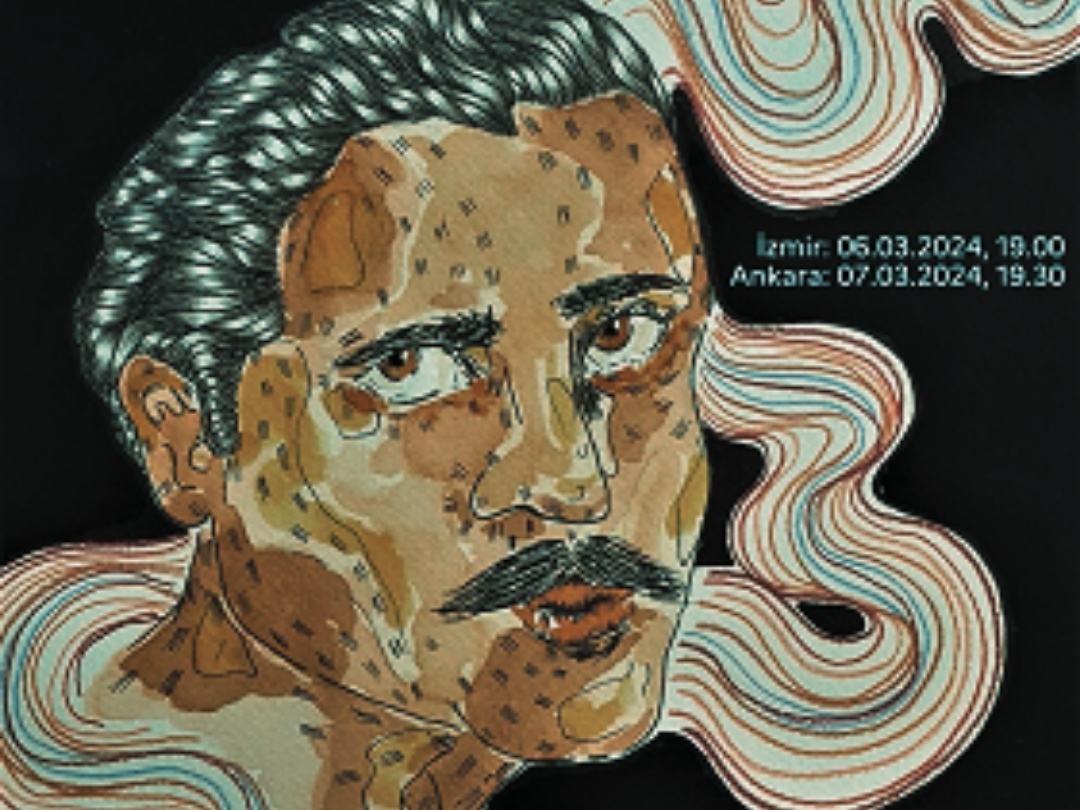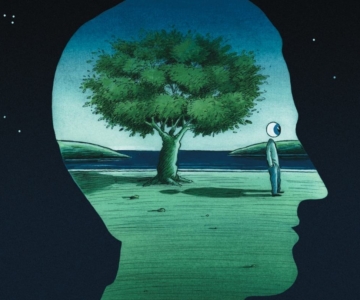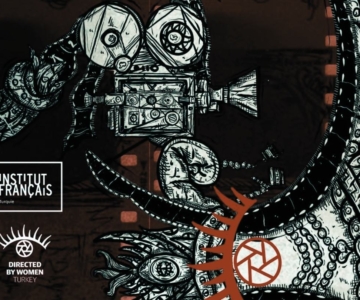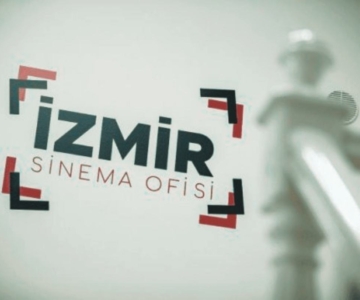As part of the Poets’ Spring and Francophonie Spring 2024, Institut Français Ankara presents a theatrical play created and performed by Benoît Vitse based on a reading of texts by the poet Nazım Hikmet.
“The project began two years ago with an invitation from the Institut Français Izmir. In an evening with Turkish poets, whose works we had read, I discovered the power and topicality of Nazım Hikmet’s poetry. When I returned to France, I focused on finding more of Hikmet’s texts and, with this show, reclaiming the power of his writings on stage.”
Benoit Vitse’s readings of different texts by Nazım Hikmet, from poems written in prison to political texts and autobiographical memoirs, pay homage to the Turkish poet and show how his work is as alive and relevant as ever.
The music accompanying the play is by Turkish musicians, notably Umut Adam Seytanin and the Yayla violins.
- Institut français Ankara, Thursday, March 7, 19.30
- Admission is free, registration is compulsory. CLICK HERE for registration!
- The language of the play is French only
- Duration 1 hour
…
Benoît Vitse
Benoît Vitse was a comedian, then director and manager of the Guillaume Cale Company in Oise for fifteen years. He won prizes at the Avignon and Strasbourg Festivals. From 1996, he was director of the French Cultural Center Iasi in Romania, then director of the Institut français Kiev in Ukraine, and in 2002 director of the Ateneu European Creation Center in Romania. He then directed the Cassini Society at Hermes until 2018.
Author of several works: Autobiographie autorisée d’un gaucho picard in 2022, Les Lettres du Moldave and Les Batailles impudiques in 2021.
Translator of Moi j’ai tué Hitler by the Moldovan writer Dumitru Crudu in 2021.
…
Nâzim Hikmet (1902-1963)
As a child, Nâzım Hikmet admired the poetry of his grandfather Pasha, a high-ranking Ottoman official, and his mother Djélilé, an artist with a passion for French culture.
Nazım was twenty years old when he went to Moscow in 1922, rebelling against the occupation of Istanbul by the Entente after the First World War, exhilarated by the Turkish peasantry’s struggle for independence and excited by the October Revolution.
He returned to Turkey in 1924 after the War of Independence, but returned to Moscow in 1926, a victim of persecution because he was now a “red/Communist”, and he came and returned in large numbers.
Because he loved everything passionately, freedom, his country, his people and his women, he became a communist, the exiled genius of the Turkish avant-garde.
When he returned to Turkey, he was sentenced to twenty-eight years in prison in 1936 for publishing in 1938 the Epic of Sheikh Bedrettin, a eulogy of a rebellion (a peasant’s struggle against the forces of the Ottoman Empire). He was released in 1949 thanks to the action of an international support committee formed in Paris by his comrades Jean-Paul Sartre, Pablo Picasso and Paul Robeson.
Hekmat is under constant surveillance. He miraculously survived two attempted murders, but failed to be exempted from military service, which he was required to do at the age of fifty. It is the Cold War and he campaigns against nuclear proliferation.
A very active member of the World Peace Council, the poet sings the song of the International but is not silent about his rejection of Stalinism. Nazim, who became a Polish citizen after the great loss of his Turkish citizenship, travels everywhere to escape exile. Only in Europe, Africa and South America because the United States does not give him a visa.
…
I got on a train, a plane, an automobile,
the majority can’t get in.
I went to the opera,
the majority can’t go, they’ve never even heard of opera.
I haven’t been to some of the places where the majority have been since 21.
mosque, church, temple, synagogue, witchcraft,
but I’ve had my coffee fortune read…
(excerpts from Nazım Hikmet, Autobiography)




